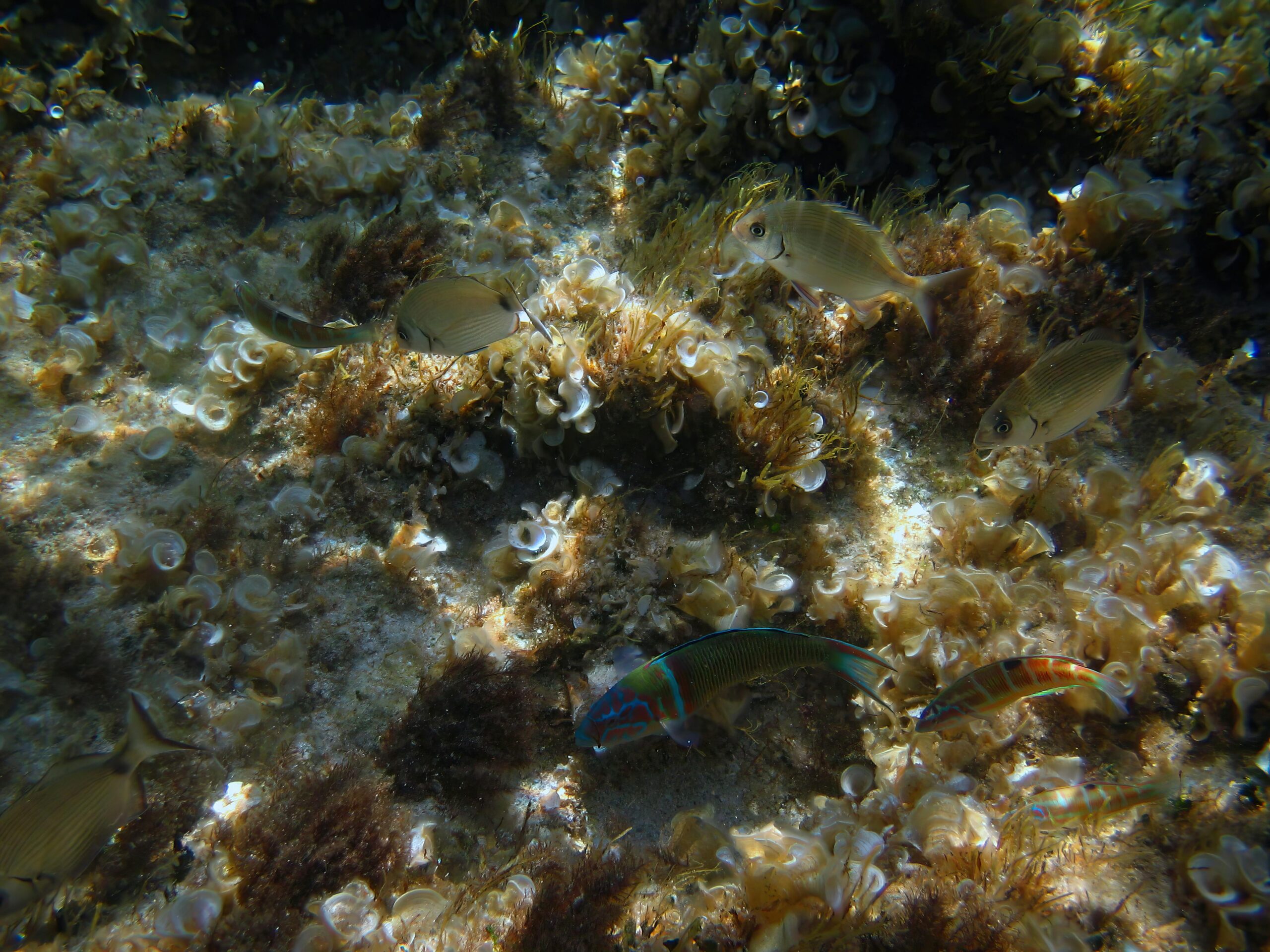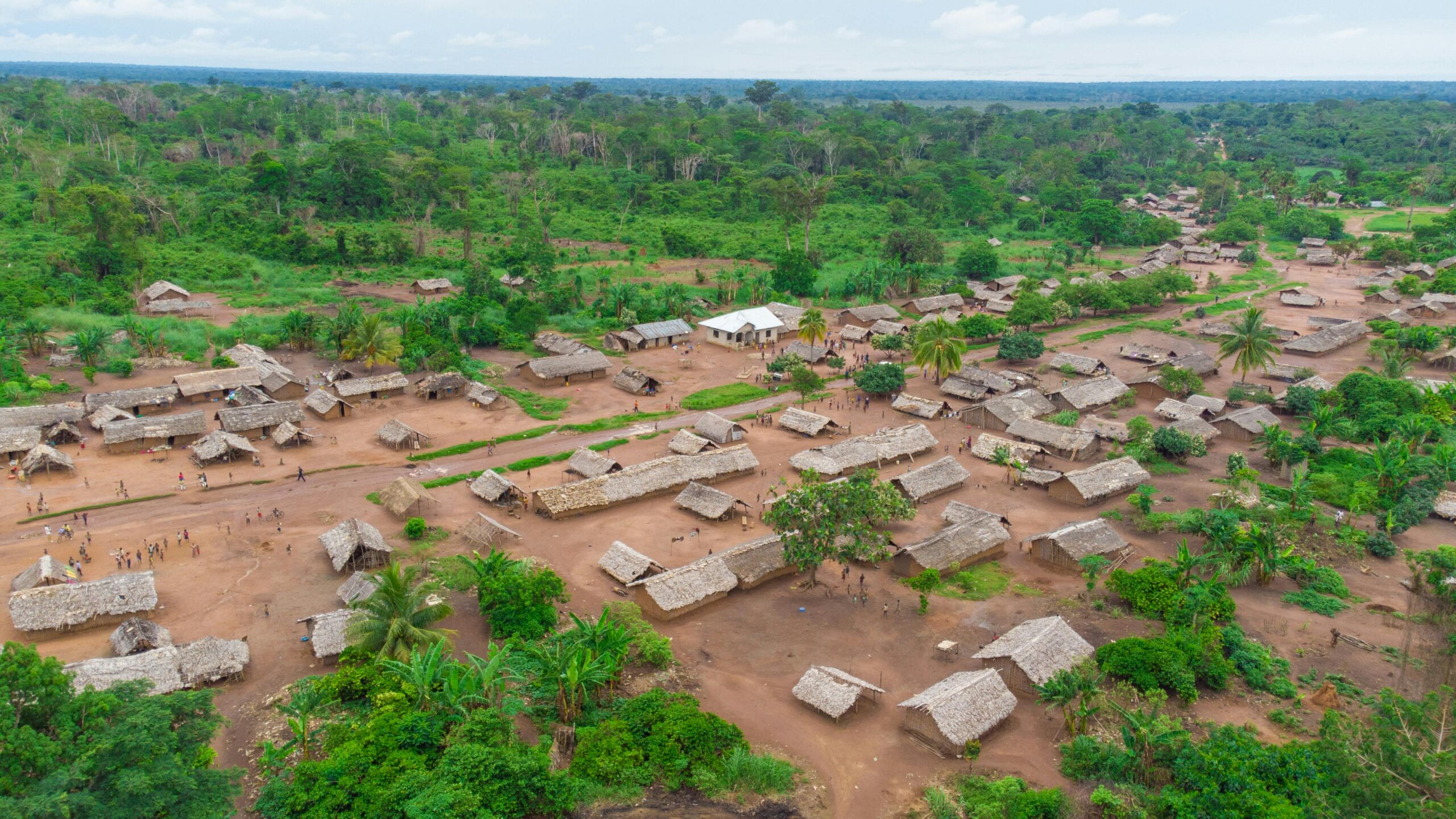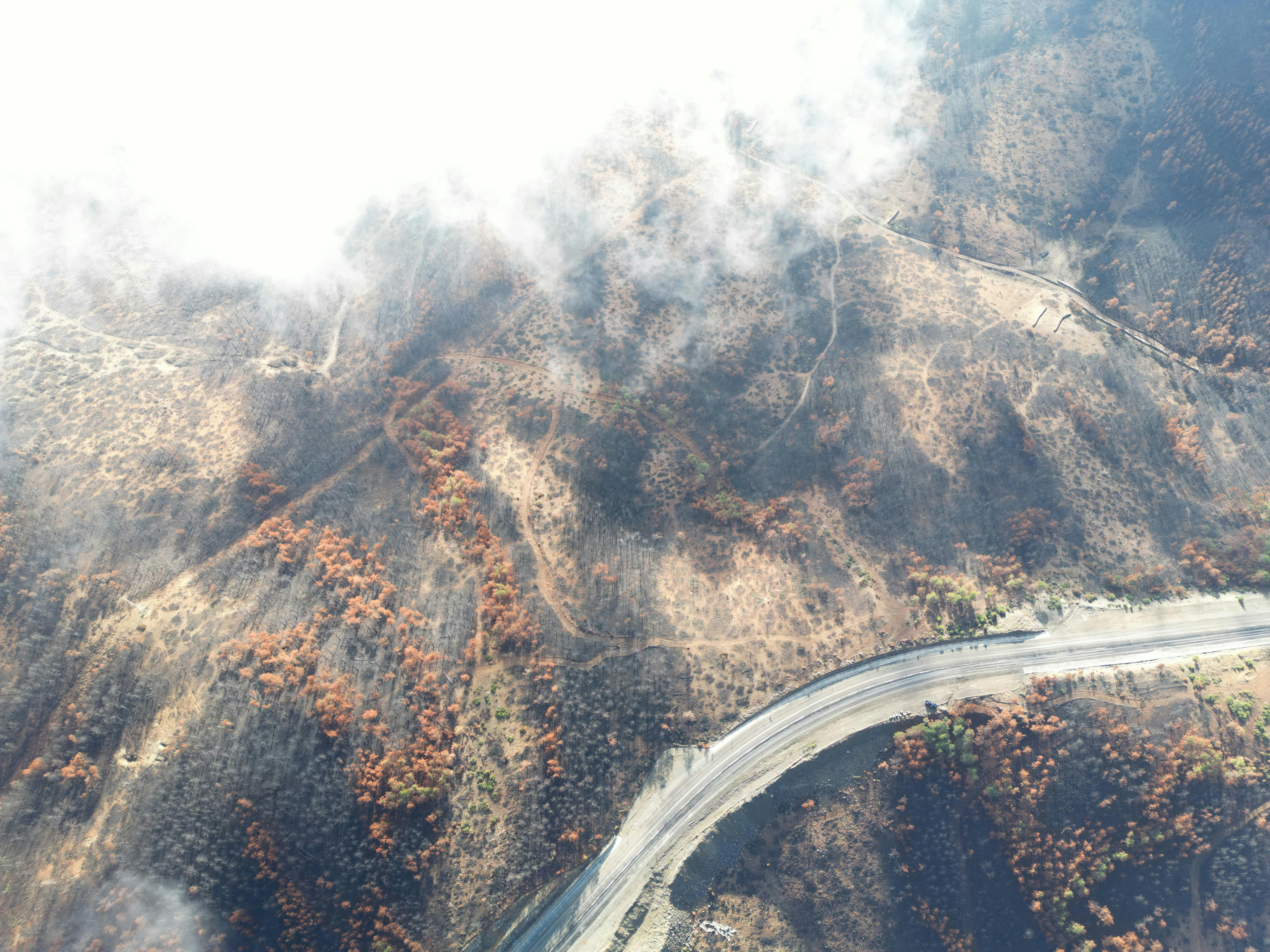Deep ecology invites us to reconsider our relationship with the natural world, moving beyond superficial environmentalism toward a profound transformation in how we perceive and interact with all life on Earth.
In an era where environmental crises dominate headlines and climate anxiety has become a common psychological phenomenon, the philosophy of deep ecology offers more than just another conservation strategy. It presents a radical reimagining of humanity’s place within the intricate web of life that surrounds us. This approach challenges the anthropocentric worldview that has dominated Western thought for centuries, proposing instead that all living beings possess inherent value independent of their usefulness to human purposes.
The principles of deep ecology emerged in the 1970s through the work of Norwegian philosopher Arne Naess, who recognized that technological fixes and policy adjustments alone would never address the root causes of ecological degradation. What was needed, Naess argued, was a fundamental shift in consciousness—a transformation in how we understand our identity and our relationship with the more-than-human world.
🌍 The Philosophical Foundations That Changed Environmental Thinking
Deep ecology distinguishes itself from shallow ecology through its commitment to asking deeper questions about why we protect nature. Shallow ecology approaches environmental issues from a utilitarian perspective, focusing on resource management and pollution control primarily for human benefit. Deep ecology, conversely, recognizes the intrinsic worth of all life forms and the right of the natural world to flourish independent of human needs.
This philosophical framework rests on two fundamental norms: self-realization and biocentric equality. Self-realization in deep ecology extends far beyond the individual ego to encompass an expanded sense of self that includes identification with all life. This concept, which Naess termed the “ecological self,” suggests that protecting nature becomes an act of protecting an extended version of ourselves.
Biocentric equality acknowledges that all organisms and entities in the ecosphere possess equal right to live and flourish. This doesn’t mean that all beings are identical in their characteristics or that we cannot make practical choices that affect different species differently. Rather, it establishes a baseline of respect and consideration that should inform our decision-making processes.
The Eight Core Principles Guiding Deep Ecological Practice
Arne Naess and philosopher George Sessions articulated eight principles that serve as a platform for deep ecology. These principles provide practical guidance for translating philosophy into action:
- The flourishing of human and non-human life has inherent value independent of usefulness for human purposes
- Richness and diversity of life forms contribute to these values and are values in themselves
- Humans have no right to reduce this richness and diversity except to satisfy vital needs
- Present human interference with the non-human world is excessive, and the situation is worsening
- The flourishing of human life and cultures is compatible with a substantial decrease in human population
- Significant change requires policy shifts affecting basic economic, technological, and ideological structures
- Ideological change involves appreciating quality of life rather than adhering to higher standards of living
- Those who subscribe to these points have an obligation to implement necessary changes
🌱 Reconnecting With Nature’s Intelligence
Nature operates through principles that have been refined over billions of years of evolution. Ecosystems demonstrate remarkable resilience, efficiency, and creativity in solving complex problems—qualities that human systems often lack. By observing and learning from natural processes, deep ecology practitioners believe we can develop more sustainable and harmonious ways of living.
Consider the concept of waste in natural systems. In a forest ecosystem, there is no waste—what one organism discards becomes nutrition for another. Fallen leaves decompose to enrich soil, dead trees provide habitat for insects and fungi, and these relationships create a circular economy where resources flow continuously through the system. This stands in stark contrast to human industrial systems that operate on a linear model of extraction, production, consumption, and disposal.
Deep ecology encourages us to observe these patterns and apply nature’s wisdom to human design. This has given rise to fields like biomimicry, permaculture, and regenerative agriculture, all of which seek to align human activities with ecological principles. When we design with nature rather than against it, we create systems that are inherently more sustainable and less destructive.
The Role of Indigenous Wisdom in Ecological Understanding
Indigenous peoples around the world have practiced deep ecological principles for millennia, long before Western philosophers gave them a name. Traditional ecological knowledge embodies a profound understanding of local ecosystems and the interdependencies that sustain them. Indigenous cosmologies often recognize kinship relationships between humans and other species, viewing animals, plants, and even landscapes as relatives deserving respect and care.
Many indigenous languages reflect this worldview through their grammatical structures, using animate pronouns for beings that Western languages would classify as inanimate objects. Rivers, mountains, and forests are not “its” but subjects with their own agency and rights. This linguistic framing shapes cognition and reinforces an ecological consciousness that modern societies are only beginning to reclaim.
💚 Practical Applications for Modern Living
Embracing deep ecology doesn’t require abandoning modern life or retreating to a wilderness hermitage. Instead, it involves bringing ecological consciousness into everyday decisions and activities. This transformation begins with small shifts in perspective that gradually reshape how we move through the world.
One practical starting point is developing what some practitioners call “ecological literacy”—the ability to understand the principles that organize ecosystems and use that knowledge to create sustainable human communities. This might involve learning about the watersheds that provide your drinking water, the species native to your bioregion, or the seasonal cycles that govern local plant and animal life.
Transforming Consumption Patterns and Lifestyle Choices
Deep ecology challenges the consumerist paradigm that equates happiness with material accumulation. By questioning what constitutes a “vital need” versus a superficial want, practitioners can dramatically reduce their ecological footprint while often increasing their quality of life. This involves distinguishing between consumption that genuinely supports wellbeing and consumption driven by advertising, social pressure, or attempts to fill psychological voids.
Practical steps might include:
- Choosing products with minimal packaging and long lifespans over disposable alternatives
- Supporting local food systems and reducing reliance on industrial agriculture
- Prioritizing experiences and relationships over material possessions
- Repairing and maintaining items rather than replacing them
- Participating in sharing economies and community resource libraries
- Making transportation choices that minimize carbon emissions and habitat fragmentation
🦋 The Psychological Dimensions of Ecological Awakening
Deep ecology recognizes that environmental destruction is ultimately a symptom of psychological and spiritual disconnection. When we view ourselves as separate from nature, enclosed in individual egos competing for resources in a hostile world, destructive behaviors follow naturally. Healing this split requires psychological work alongside practical environmental action.
Ecopsychology has emerged as a field exploring these connections, examining how human mental health is intertwined with the health of the natural world. Studies consistently show that time spent in nature reduces stress, anxiety, and depression while improving cognitive function and emotional wellbeing. Yet modern lifestyles increasingly isolate people from natural environments, creating what some researchers call “nature deficit disorder.”
Deep ecology practices often incorporate contemplative and experiential elements designed to foster direct connection with the more-than-human world. These might include wilderness immersion experiences, nature meditation practices, or what Joanna Macy calls “The Work That Reconnects”—structured processes for processing ecological grief and reconnecting with our love for the Earth.
Expanding Identity Beyond the Separate Self
The concept of the ecological self represents perhaps the most transformative psychological aspect of deep ecology. When we identify not just with our individual bodies and personal histories but with the larger body of life itself, our motivations change fundamentally. Protecting endangered species or preserving wild spaces becomes an act of self-preservation in the deepest sense.
This expanded identity doesn’t erase individuality but contextualizes it within a larger whole. Like cells within a body, we maintain our distinct functions and characteristics while simultaneously being part of something far greater than ourselves. This perspective resolves the apparent conflict between self-interest and altruism—caring for the whole becomes caring for ourselves in our truest, most comprehensive identity.
🌊 Addressing Criticisms and Evolving the Movement
Deep ecology has faced various criticisms since its inception, and engaging with these critiques has helped the movement evolve and refine its principles. Some social ecologists have argued that deep ecology’s emphasis on population reduction and its biocentric equality principle could be used to justify misanthropy or overlook social justice concerns.
These criticisms have prompted important conversations about how ecological and social justice movements can work together rather than in opposition. Contemporary deep ecology increasingly recognizes that environmental degradation and social oppression share common roots in systems of domination and exploitation. An authentic ecological consciousness must therefore include commitment to human dignity and equity alongside concern for other species.
Ecofeminism has contributed valuable perspectives by examining connections between the domination of nature and the domination of women, people of color, and other marginalized groups. These insights have enriched deep ecology by revealing how patriarchal, colonial, and capitalist systems create both ecological destruction and social inequality.
🌿 Building Movements for Systemic Change
While individual lifestyle changes are important, deep ecology recognizes that systemic transformation requires collective action and political engagement. The eighth principle explicitly calls for those who understand these ideas to work toward implementing necessary changes in society’s fundamental structures.
This has inspired various forms of ecological activism, from forest defense campaigns and anti-pipeline protests to the creation of ecovillages and transition town movements. These initiatives demonstrate that deep ecological principles can guide concrete action at multiple scales, from personal choices to community organizing to policy advocacy.
The climate justice movement has embraced many deep ecology insights while emphasizing the disproportionate impact of environmental destruction on vulnerable populations. This synthesis recognizes that those who have contributed least to ecological degradation often suffer its consequences most severely, raising critical questions about responsibility, reparations, and fair transitions to sustainable systems.
Education as Transformation
Deep ecology has profound implications for education, suggesting that learning should extend far beyond classroom walls to include direct experience of natural systems. Environmental education informed by deep ecology principles doesn’t just teach facts about ecosystems but cultivates emotional connection, ethical sensibility, and ecological literacy through immersive experiences.
Forest schools, wilderness therapy programs, and place-based education initiatives exemplify this approach, allowing learners to develop relationships with specific landscapes and communities of life. This experiential foundation supports more abstract learning about ecological principles, creating integrated understanding that engages head, heart, and hands.

🌏 The Future We’re Growing Toward
As ecological crises intensify, the wisdom embedded in deep ecology principles becomes increasingly relevant and urgent. The philosophy offers a compass for navigating the complex challenges ahead, pointing toward ways of living that honor both human flourishing and the flourishing of all life.
The transition to ecological civilization will require creativity, courage, and commitment sustained over generations. It demands that we question fundamental assumptions about progress, prosperity, and humanity’s purpose on Earth. Yet this questioning opens possibilities for ways of living that are not only more sustainable but potentially more fulfilling than the alienated, consumption-driven existence that characterizes much of modern life.
Deep ecology reminds us that we are not facing an environmental crisis requiring us to save nature from ourselves. Rather, we are nature—a particular expression of Earth’s creativity facing a crisis of self-understanding. By embracing our ecological identity and aligning with principles that have sustained life for billions of years, we participate in the ongoing evolution of consciousness on this planet.
The journey toward ecological wisdom is both personal and collective, requiring transformation at every level from individual consciousness to global systems. It calls us to develop humility about our place in the larger community of life while stepping fully into our responsibility as a species with unprecedented power to shape planetary futures. In embracing nature’s wisdom through deep ecology principles, we discover not constraints but liberation—freedom from the isolation of the separate self and invitation into the exuberant, interconnected dance of life itself.
Toni Santos is an eco-spirituality researcher and planetary healing writer exploring how earth-based rituals, nature-centred philosophy and sacred ecology reconnect humanity with the living planet. Through his work on environment, consciousness and ritual, Toni examines how our relationship with Earth influences our awakening and actions. Passionate about land-wisdom, ritual practice and ecological integration, Toni focuses on how spiritual life can emerge from ecological awareness and how healing flows from land, water and community. His work highlights the union of ecology, mind and spirit — guiding readers toward a more grounded, relational, and sacred life. Blending ritual studies, environmental philosophy and ecological design, Toni writes about the human-earth story — helping readers understand how living systems, community and meaning intertwine in planetary healing. His work is a tribute to: The sacred connection between humanity and Earth’s living systems The power of ritual to rekindle land-memory and collective renewal The vision of ecology as sacred, relational and transformational Whether you are a ritual practitioner, ecological thinker or planet-healer, Toni Santos invites you to explore the path of planetary awakening — one ritual, one ecosystem, one transformation at a time.




